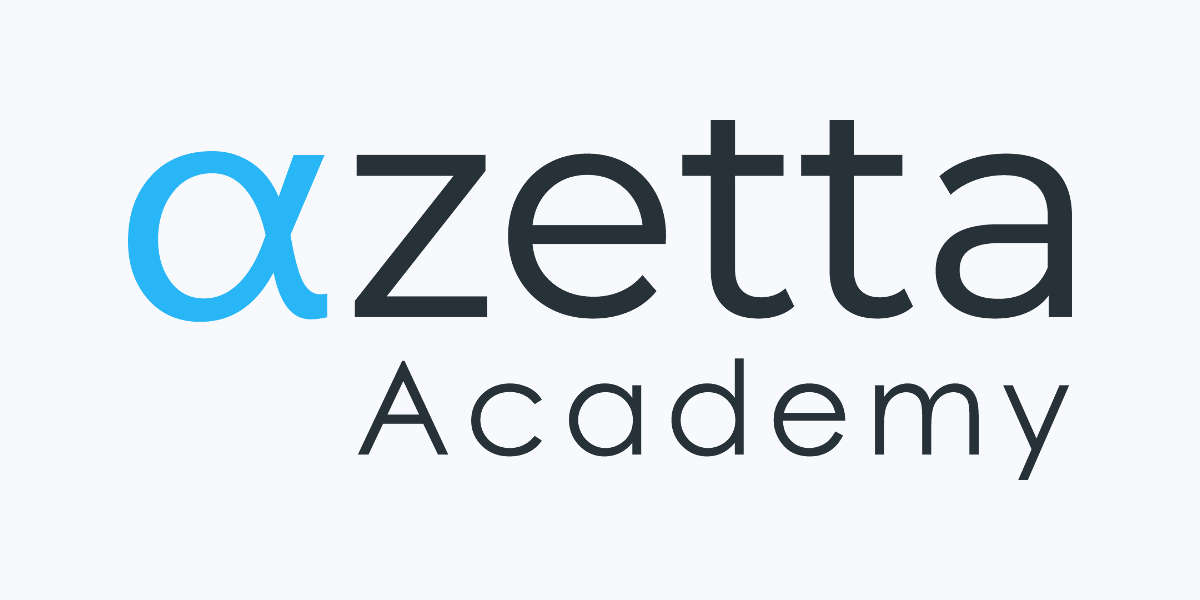How to Innovate in the Age of Big Data
The era of Big Data presents exciting opportunities for leveraging analytics to create competitive advantage and new sources of revenue. To maximize business value, however, an enterprise must innovate in the context of good governance models to avoid technology projects for the sake of technology. In this workshop we describe a framework developed at the Massachusetts Institute of Technology for maximizing business value with the right combination of innovation and governance. We will examine new scenarios for monetising from Big Data sources. We will also explore opportunities for exploiting non-traditional data types from both internal and open data sources.


